When a child enters a parent’s life, it’s one of the happiest moments of their lives, and this is why every parent feels overprotective of their child. This is a healthy and normal reaction that guarantees they will protect and support the child throughout their life.
Over the last decade, research has found a link between parental affection and the health and happiness of children. The opinion is that empathy shown by parents towards their children can result in a healthy emotional life for children.
Some parents, on the other hand, are unusually involved, but emotionally detached, and they constantly monitor the tiniest details of their child’s development. In this strange version of parenthood, they are known to be overprotective and unaffectionate.
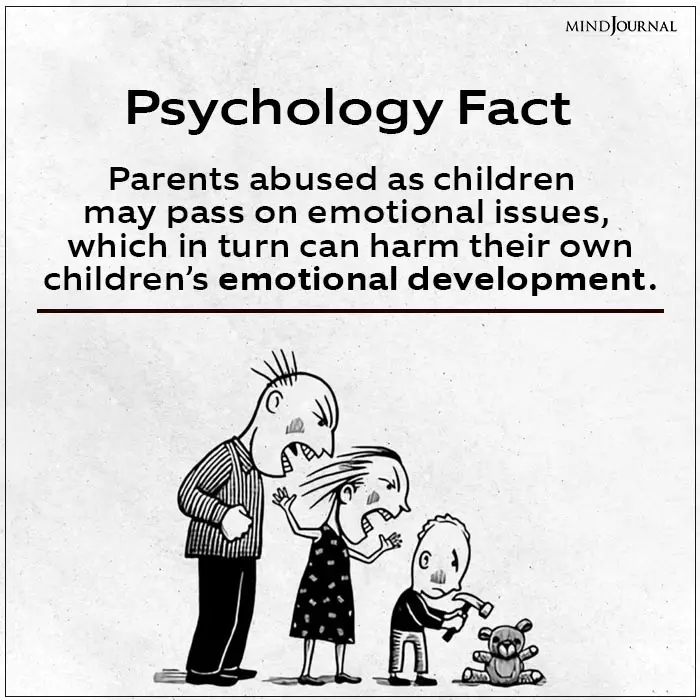
What are overprotective and unaffectionate parents like?
Even though many parents strike a good balance between strict and open-minded, some parents find it difficult to keep their protective instincts in check. Parents who are overprotective and unaffectionate are not distant or negligent. They happen to love their children but just don’t have the capacity to show it.
When parents are overprotective but do not express warmth and affection, the spirit of a child is affected and they suffer or get easily entangled in social circumstances. To survive, all children must be emotionally connected with their parents. Without it, they are more likely to develop fears and anxieties, lack of self-confidence, and even mental health problems.
5 Signs of Overprotective and Unaffectionate Parents
1. They’re intrusive about their child’s personal life.
It is natural for a parent to be concerned about their child’s well-being, but it is alarming when they become hyper-vigilant and want to know everything about them. For instance, going through their personal belongings without respecting their privacy or forcing them to talk about their personal things, even when they aren’t comfortable with it.
When parents don’t encourage their kids to explore life by themselves, and constantly try to micromanage everything, it often leads to them becoming estranged.
Read 7 Things Common In Children Raised by Over Controlling Parents
2. They prevent their child from becoming independent.
Overprotective parents will not only limit their child’s freedom by refusing to accept them for who they are, but they will also prevent them from progressing in their lives.
When children are discouraged from taking a stand or stopped from taking calculated and healthy risks, it is a sign that they have overprotective parents, who will go to great lengths to protect their children from any unpleasant encounter or possible danger. Even though they want their kid to feel safe, in the future it makes them take fewer risks and possibly be dependent on others.
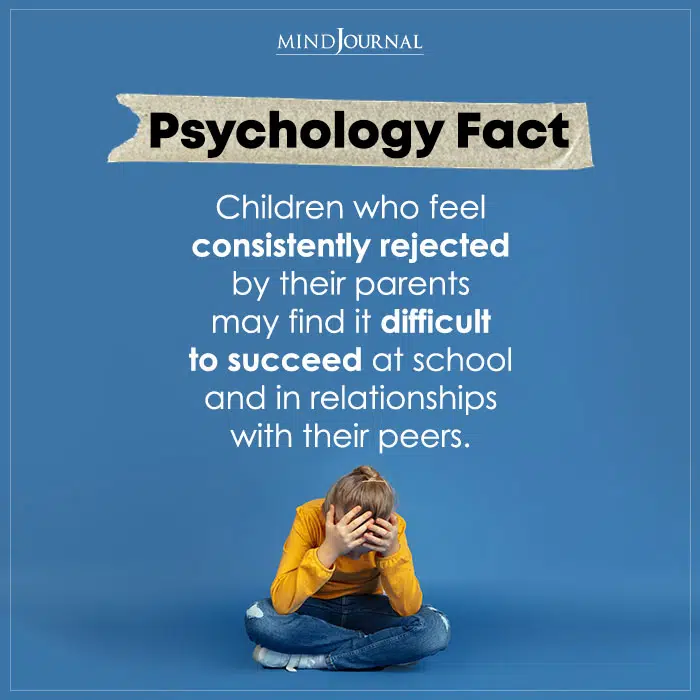
Read Lonely Children Are Hungry for Connections and How Parents Can Help Them Reconnect
3. They use a permissive parenting style.
Permissive parenting often comes into play when a parent or both parents feel incapable of inspiring their child’s life. They feel uncertain about their parenting duties.
These unaffectionate or emotionally unstable parents are frequently permissive because they are afraid that if they hold the child accountable or make their boundaries known, the child will despise them, will stop loving them, or worse reject them. That is why they prefer to be the child’s companion or friend rather than a regular and healthy parent.
4. They lack boundaries and mutual respect.
Boundaries are essential for all people, especially for children when dealing with their parents or other family members. They rely on their parents to teach them how to be adults, so if their parents are unable to set boundaries, they will struggle to learn.
These overprotective parents frequently overshare personal information and fail to recognize their child’s need for personal space. They ultimately make them feel that the world is a bad place to deal with. Children suffer as a result of this because they were never taught patience or how to deal with disappointment.
5. They entrap their child into a cycle of guilt or fear.
Emotionally unstable parents frequently use manipulation or fear to keep their children from listening to them. It’s a technique for blaming a child in order to persuade them to do something or cooperate with a request. Overprotective and unaffectionate parents end up making their children feel responsible by instilling fear in them about life. These unhealthy and controlling behavior patterns frequently cause the child to become resentful of their parents.
Read When Parents Offer Gaslighting Instead of Love: Surviving Your Own Mother and Father
How to Cope With Overprotective and Unaffectionate Parents
• Pick a safe time and space to communicate with them.
• To begin, one must confront or address their issues with their parents while keeping an end goal in mind. For instance, going out with friends once in a while.
• Don’t minimize the concerns parents have, instead empathize with them.
• Start by establishing healthy boundaries with overprotective parents.
• Lastly, have patience and keep trying even if parents fail to understand the concerns.
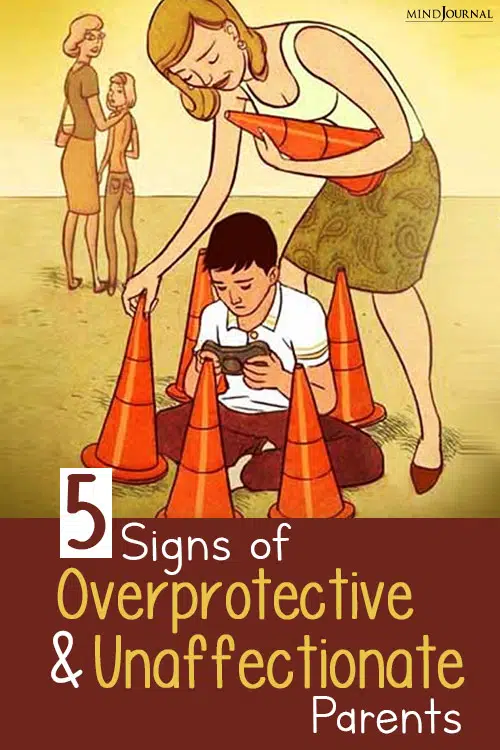
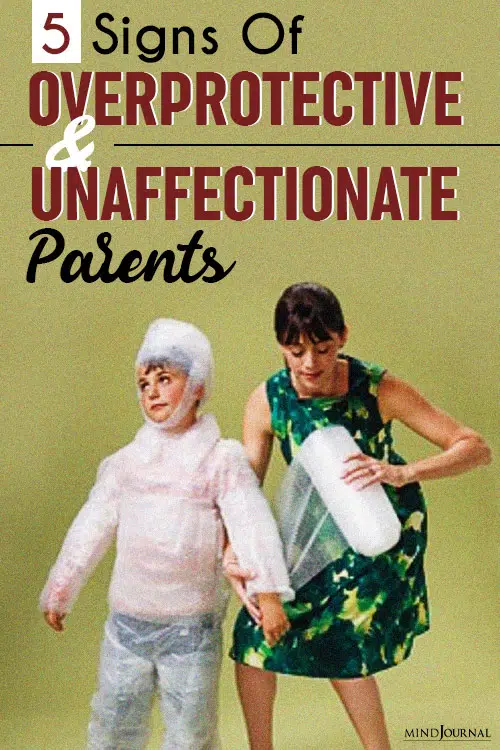
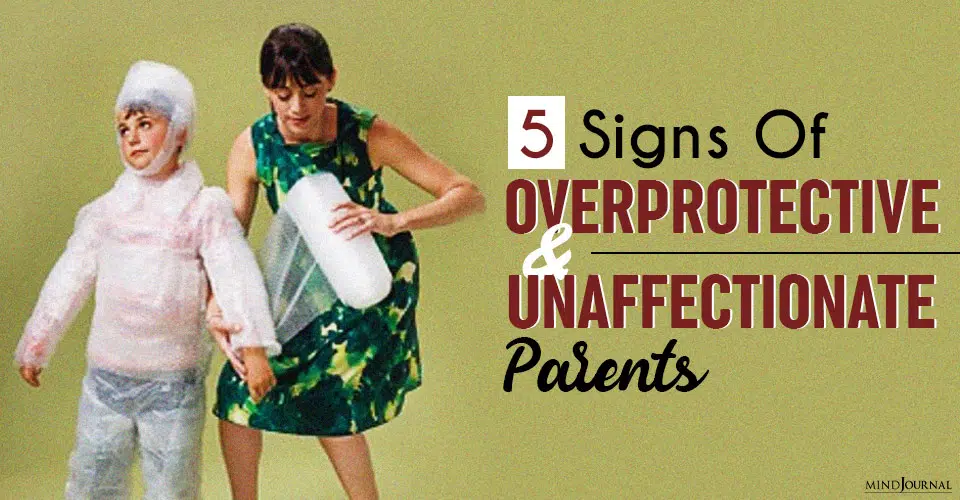







Leave a Reply
You must be logged in to post a comment.